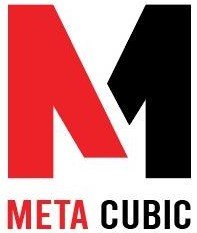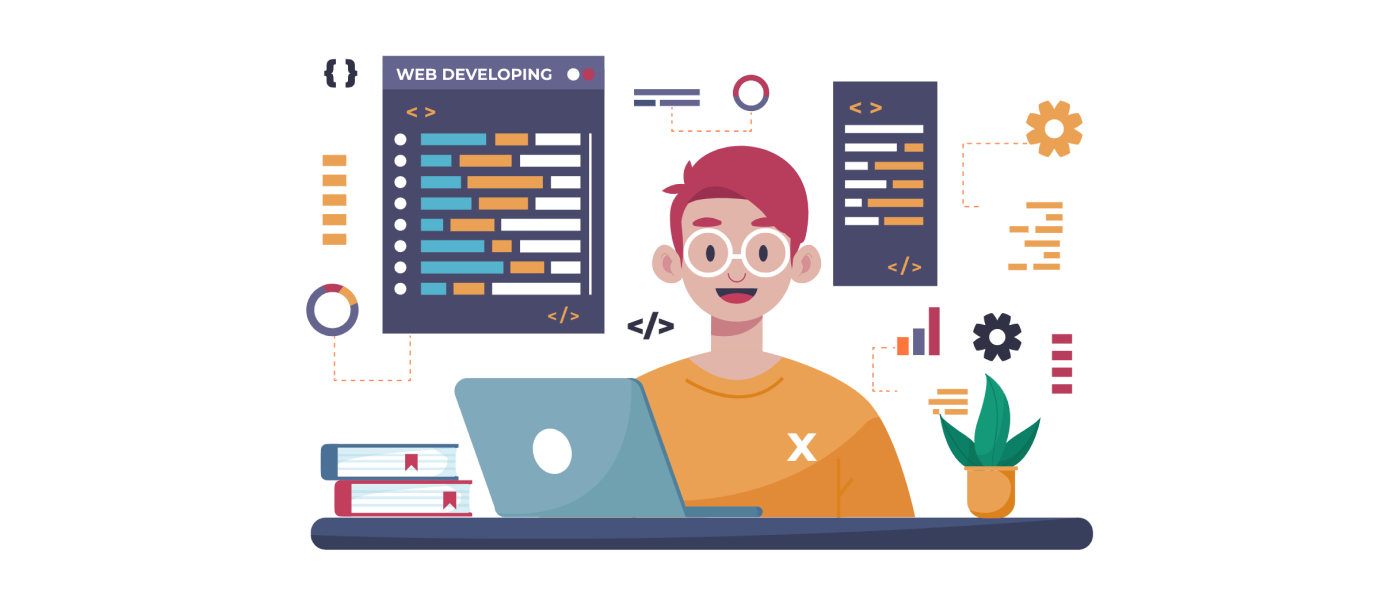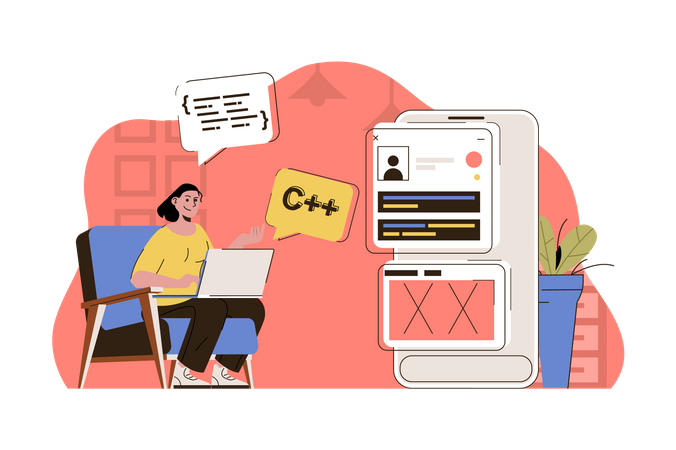Laravel vs Other PHP Frameworks
Introduction
When it comes to developing web applications using PHP, there are several frameworks available in the market. Among them, Laravel has gained significant popularity due to its elegant syntax, rich set of features, and active community support. However, it’s essential to compare Laravel with other PHP frameworks to understand its strengths and weaknesses concerning its competitors. In this article, we will explore how Laravel stacks up against other PHP frameworks and why it has become the framework of choice for many developers.

The Rise of Laravel
Laravel was introduced in 2011 by Taylor Otwell and quickly gained popularity among developers due to its elegant syntax and expressive features. Laravel’s simplicity and ease of use have made it the go-to framework for building modern PHP applications.
Laravel’s Key Features
Laravel comes with a plethora of features that streamline the development process and enhance developer productivity. Some of its key features include:
- Eloquent ORM: Laravel’s ORM allows developers to work with databases using a simple and intuitive syntax, making database interactions seamless.
- Routing: Laravel provides a powerful routing system that allows developers to define clean and meaningful URLs for their application’s endpoints.
- Blade Templating: The Blade templating engine offers a clean and efficient way to design and render views, making the front-end development process more enjoyable.
- Authentication and Authorization: Laravel provides a robust authentication system out of the box, making it easy to implement user registration, login, and access control.
- Caching: Laravel offers a flexible caching system that helps improve application performance by storing frequently accessed data in memory.
- Testing: Laravel’s built-in testing tools facilitate the creation of unit tests and integration tests, ensuring the stability and reliability of the application.
Comparison with Other PHP Frameworks
Let’s compare Laravel with some other popular PHP frameworks to understand its unique advantages.
CodeIgniter
CodeIgniter is a lightweight PHP framework known for its simplicity and small footprint. It is suitable for building small to medium-sized applications. While CodeIgniter provides a straightforward development experience, it lacks some advanced features present in Laravel, such as ORM and a robust ecosystem of packages.
Yii
Yii is a high-performance PHP framework designed for building robust and scalable applications. It focuses on performance optimization and offers excellent caching capabilities. Laravel, on the other hand, provides a more elegant and intuitive syntax, making it easier for developers to get started quickly
Zend Framework
Zend Framework is a powerful PHP framework that follows the principles of object-oriented programming. It provides a wide range of components and libraries, making it highly customizable. However, Zend Framework’s complexity and steep learning curve may not be suitable for developers looking for a more straightforward and beginner-friendly framework like Laravel.
Benefits of Using Laravel
Laravel offers several advantages over other PHP frameworks, making it a popular choice among developers:
- Elegant Syntax: Laravel’s expressive syntax allows developers to write clean and readable code, enhancing the overall development experience.
- Rich Ecosystem: Laravel has a vast and active community that contributes to the framework’s growth. This results in a wide range of packages, extensions, and resources available for developers.
- Developer-friendly Tools: Laravel provides a comprehensive set of tools and utilities that streamline the development process, saving time and effort.
- Documentation and Learning Resources: Laravel has extensive documentation and numerous learning resources available, making it easier for developers to get started and find solutions to their problems.
- Continuous Improvement: Laravel is continuously updated and improved by its community and maintainers, ensuring that developers have access to the latest features and security enhancements.
Conclusion
In the realm of PHP frameworks, Laravel has emerged as a clear winner due to its elegant syntax, rich feature set, and active community support. While other PHP frameworks like CodeIgniter, Symfony, Yii, and Zend Framework have their strengths and use cases, Laravel’s simplicity, powerful tools, and extensive ecosystem make it the preferred choice for many developers. Whether you are a beginner or an experienced developer, Laravel provides a delightful development experience and empowers you to build robust and scalable web applications with ease.







